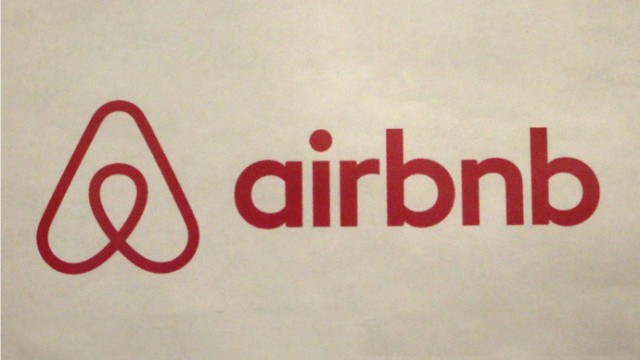The two hosts were providing short-term home stays that did not fit the legal requirements

Two Airbnb hosts are in the hot soup for renting out homes for short-term stays illegally in Singapore, reported The Straits Times.
They are facing four charges each for leasing out four condominium units, or private flats, to tenants under six months.
This is the first criminal case launched against Airbnb hosts in Singapore after the government passed a legislation in February that will make the ban on short-term home rentals more binding.
A six-month lease was the legal requirement set out by the Urban Redevelopment Authority (URA) before it reduced it to three months in June this year — this new ruling only applies to private homes; Housing Development Board (HDB) flats, or public housing, are still bound by the six-month rule.
Also Read: Regulators raid Airbnb office in Japan over suspected antitrust practices
The two hosts had allegedly sublet the homes before the new legislation kicked in, so their charges were in accordance with the old ruling. There were no details on the length of the stays.
For their offences, the hosts face a fine of up to S$200,000 (US$149,000). Repeat violators can be jailed up to a year, in addition to getting slapped with the US$149,000 fine.
Offenders who still continue to lease out flats illegally after being convicted face a fine of up to S$10,000 (US$7,500) per day.
Those who lease out their HDB flats illegally may get their flats repossessed, as well as a fine.
Airbnb’s reach is vast: the company has over 150 million users and four million listings available to date. But the home-sharing platform continues to struggle with legal quagmires even in core markets like New York City. Like in Singapore, New York City has slapped Airbnb hosts with fines (although, less harsh) for subletting homes illegally.
e27 reached out to Airbnb for a statement. Here is their response in full:
“People want to experience a more authentic and sustainable type of travel. However, the current framework for home sharing in Singapore doesn’t reflect how Singaporeans travel or use their homes today. The current framework also stands in contrast with Singapore’s commitment to innovation.
Airbnb is helping grow the economy and strengthen local communities across the world. In 2016, Airbnb drove S$324 million (US$240.7 million) of economic activity in Singapore, and is continually helping local neighbourhoods benefit from tourist spending that has historically been limited to traditional tourist areas. In addition, Airbnb is helping local Singaporeans earn supplemental income, with the average host earning $4,700 (US$3,500) per year, which they tell us helps them pay the bills.
We have collaborated with authorities around the world, developing clear and sensible frameworks that allow home sharing to thrive, while addressing each city’s unique challenges and concerns. We remain strongly committed to doing the same here in Singapore, working alongside the government to find a way forward for home sharing, both to Singapore’s immediate and long-term benefit.”
—
The post Two Singapore Airbnb hosts charged for renting out homes illegally appeared first on e27.